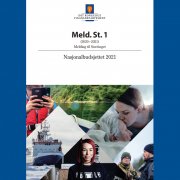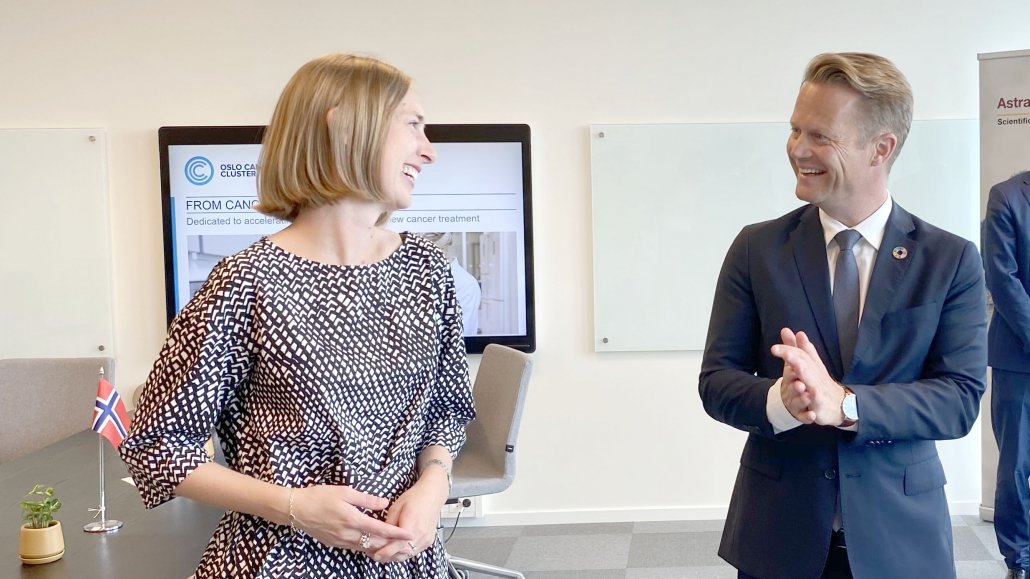New political paper: Action Plan for Clinical Studies
The Norwegian government wants to double the number of clinical studies by 2025, but is this goal ambitious enough?
The highly anticipated political paper “Action Plan for Clinical Studies (2021-2025)” was released in Norway by the Ministry of Health and Care Services this week. The government’s vision is to make clinical studies an integrated part of patient care.
A clinical study is a type of research study that tests how well new medical approaches, such as screening, prevention, diagnosis, or treatments, work in people.
The action plan is the first of its kind and has been requested by researchers, clinicians, the health industry and patient organisations for several years.
The number of clinical studies in Norway is on a negative, spiralling trend. This is especially alarming for cancer patients, who are eager to receive novel treatments.
The Norwegian Health Minister Bent Høie now sets the goal to double the number of clinical studies in Norway and include 5% of all patients in the specialist health services before 2025.
“The action plan includes many important points, we believe the bar should be raised higher,” commented Ketil Widerberg, general manager of Oslo Cancer Cluster.
“Our goal should be to make clinical studies available for all cancer patients in Norway – not just a small fraction.”
The government also announced in the State Budget proposal in October 2020 that NOK 30 million will be allocated through the NorTrials scheme. The funds will be used to employ study nurses and improve competency in clinical research.
The Norwegian Health Minister also calls for a change in work culture, in order to make clinical trials an integrated part of patient treatment.
Another major obstacle is the difficulty to recruit patients quickly. The regional health authorities are now tasked with developing a best practice for patient recruitment.
Oslo Cancer Cluster contributed input to the development of this political paper in September 2019. Our major suggestions included:
- the need for financial incentives to improve patient recruitment,
- establishing Norway and the Nordic countries as an international testbed for innovative medicine,
- authorities to collaborate with industry on guidelines on how to approve precision medicine treatments and the documentation requirements.
Read our entire input here (in Norwegian): Innspill Kliniske Studier til Helse- og omsorgsdepartementet (September 2019) fra Oslo Cancer Cluster













